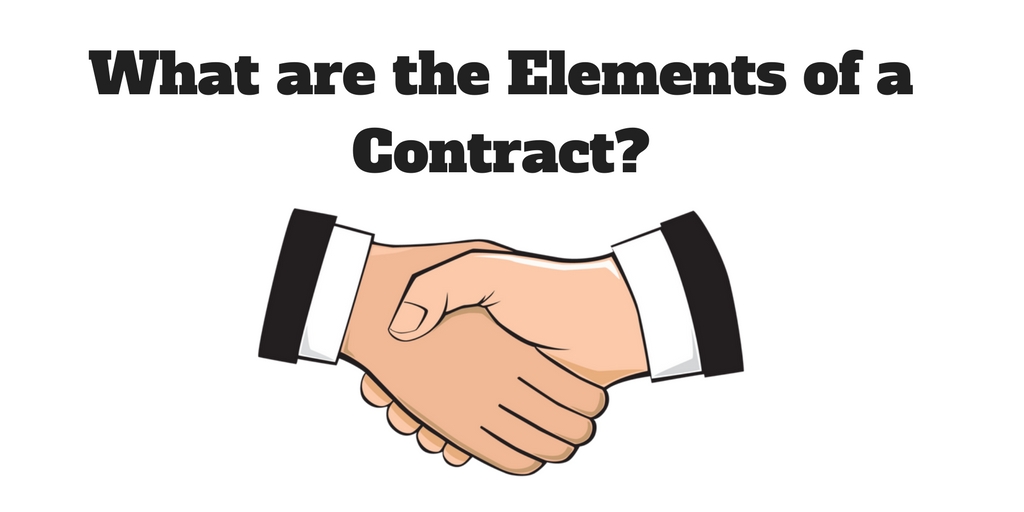Today’s strong economy and recent tax overhaul may have you considering selling your business while prices are high. With a less restrictive tax code in place, the asking price for businesses could increase even more. Selling a business can be fraught with challenges, so it is important to have a plan to ensure that your sale goes smoothly and does not leave you with seller’s remorse.
Here are five things to remember before you sell your business:
- Have Your Corporate Documents Ready. Before you will be able to close a deal, the parties will participate in the due diligence process. The due-diligence process is where the purchaser, the purchaser’s attorneys, and the purchaser’s accountants review the company’s assets, liabilities and overall financial health before completing the sale. For the most part, you will be able to anticipate what documents the purchaser will ask to review. If you have those documents organized and ready, it will make the due diligence process proceed faster and more smoothly. Standard due diligence documents to have ready are:
- Corporate Formation Documents (Certificate of Incorporation, Articles of Organization, Bylaws, Operating Agreement, Certificate of Good Standing)
- Financial Statements (Bank Statements, Payroll Records, Tax Returns)
- Customer Records
- Employee Contracts
- Third-Party Contracts (Contracts with your Vendors and Customers, Equipment leases, Licensing Agreements)
- Asset Contracts (Real Estate Purchase Contracts, Property Leases)
- Purchasers Want Real Value. Purchasers will not pay for what you believe the company is worth. You must be able to demonstrate to them not only the company’s sales, but also its profits. If that is difficult for you, maybe now is not the right time to sell. Biding your time may allow you to generate a better sales record and, thus, a higher purchase price. Having your corporate documents ready before you begin negotiations will give a better idea if you are financially ready to sell.
- Be Patient. Finding the right purchaser for your business may take time. Jumping at the first offer could mean leaving money on the table. For this reason, you may want to consider hiring a broker to help generate more interest and more offers.
- Consider Your Role Post-Sale. How will you generate an income after the sale closes? Will the sale proceeds be enough to sustain you? Can the business sustain itself without you? Depending on the nature of the business, you and the purchaser may decide that it is best to keep you involved after the ownership change. The business may be in an industry where the personal relationships you have developed will be critical to its future success. Perhaps you have unique skills and capabilities that the business will need in order to be successful. Often a purchaser will make a sale contingent on locking-up a key member of the organization for several years after the sale. Consider what arrangement works best for you.
- Have an Attorney Review the Contract. The final contract is the most important piece of the whole deal. Having the contract reviewed by an attorney is the best way to protect yourself from the dreaded fine print . Your attorney can help you identify any traps, provide you with valuable advice, and help you negotiate the best deal possible. Entrepreneurs tend to believe that they can do it all on their own, mostly because early on they had to. When it comes to selling the business, however, the drafting and review of the contract is best left to the professionals.
For more information, or to speak with an attorney about how to sell your business, please contact our office for a free consultation.
Disclaimer: This blog is made available by Kloss, Stenger & LoTempio for educational purposes only. It is not intended to provide legal advice nor form any attorney client relationship between the reader and Kloss, Stenger & LoTempio. You should always seek professional advice from a licensed attorney for any legal questions you may have.


